Human Development and Family Sciences
Ph.D. in Human Development and Family Sciences
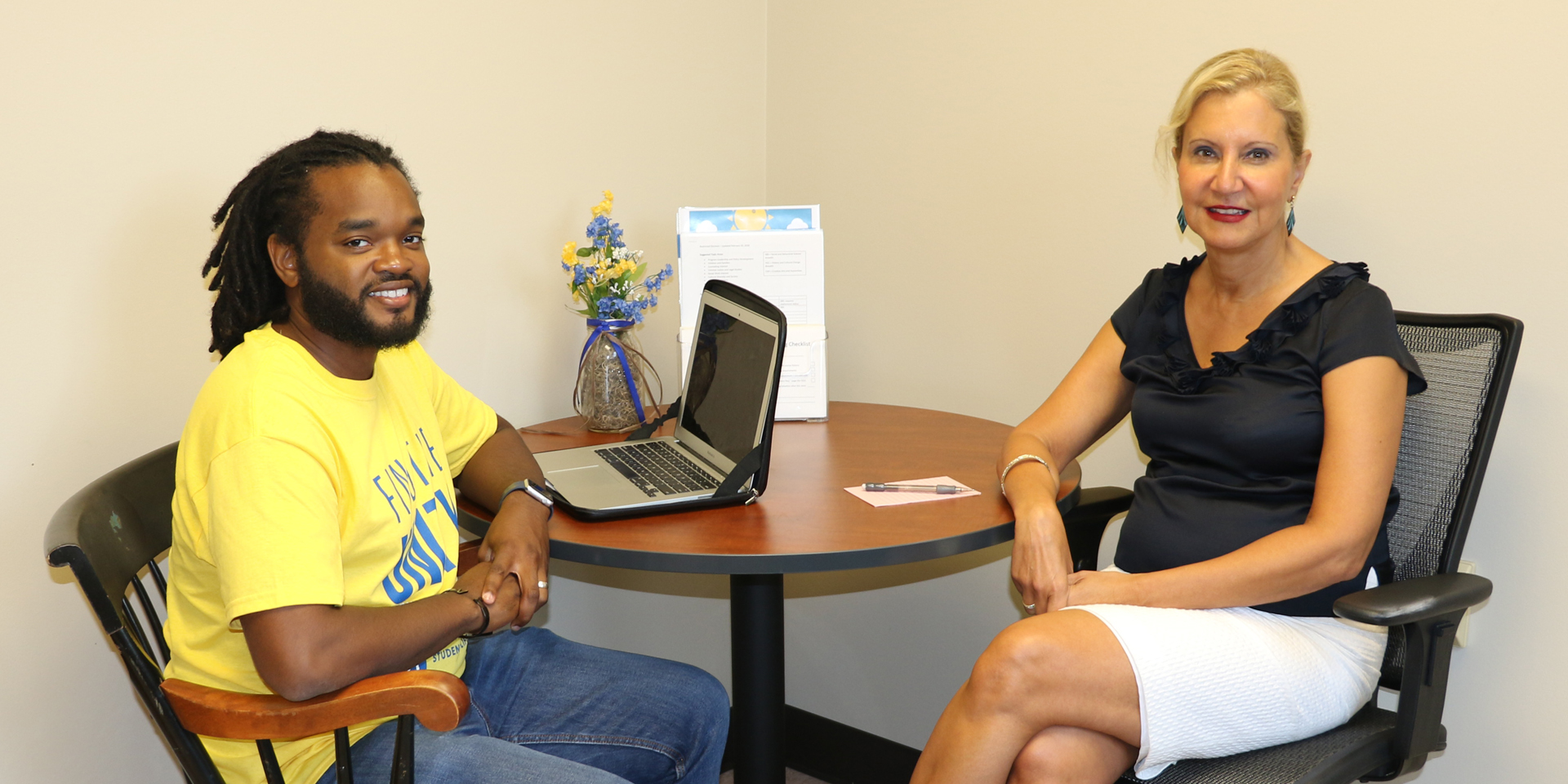
The Ph.D. program in Human Development and Family Sciences is designed to prepare the next generation of scholars for positions as researchers, professors, and leaders in early childhood, human development, family sciences, human services and related fields. The program emphasizes risk and resilience, multi-cultural issues, disabilities, and prevention and intervention. The focus is on applying theory and research to practice as they relate to human development and family systems.
Course work is designed to provide a strong background in the theoretical and empirical knowledge of family sciences, human development and research methods. Training in applied research and service learning experiences are integrated into the curriculum.
Doctoral students in HDFS complete formal scholarly work or research through the dissertation. It is important to begin considering research interests early in the program so that subsequent course work can reinforce that area of interest.
Funding
Our PhD students are typically funded for four years, and many complete their degree during this time period. Funding packages include a monthly stipend, health insurance and conference travel to present papers. The college and the university also have additional honor scholarships and fellowships which are awarded on a competitive basis. Funding to continue research apprenticeships during the summer are also available.
Doctoral students can study in three primary areas:
Early Childhood Policy & Systems
Families (Education, Health, and Human Services Across the Life Span and in Community Contexts)
Social Determinants of Health (Wellness, Stigma, Mental Health)
Why Choose the University of Delaware?
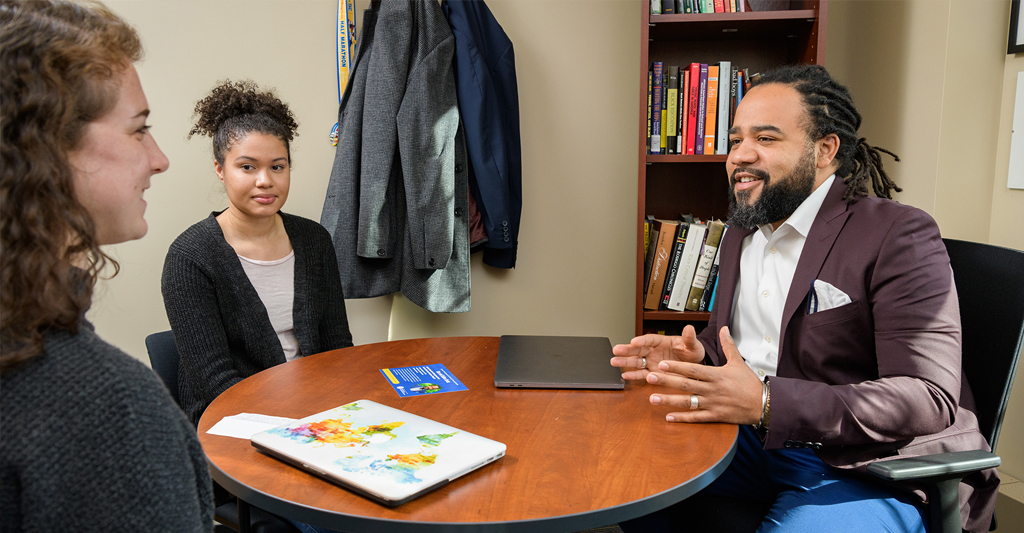
Students in the doctoral program gain in-depth exposure to interdisciplinary research with faculty spanning fields including developmental psychology, family studies, education, anthropology and public policy. Doctoral students conduct their own research, collecting data under close supervision of a mentor that they choose. Additional mentoring in teaching is another valuable feature of this program, as it improves our graduates’ competitiveness in the job market.
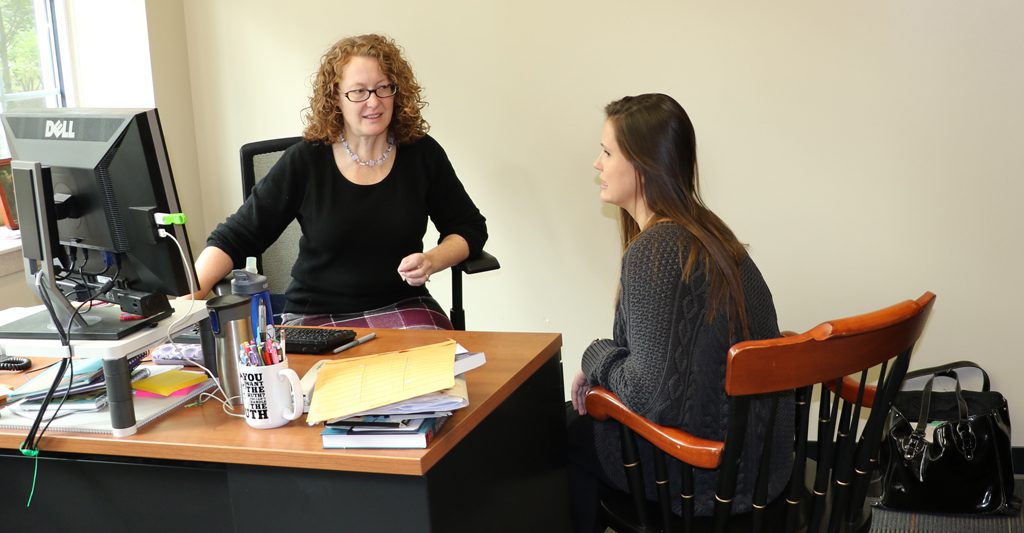
Doctoral students receive individualized attention from faculty members, and these students frequently hold assistantships working with their primary advisors. It is also common for students to work closely with other faculty members on research projects, independent studies, or publications. Students also have access to offices shared with a small number of other students, which fosters proximity to both peers and faculty members.
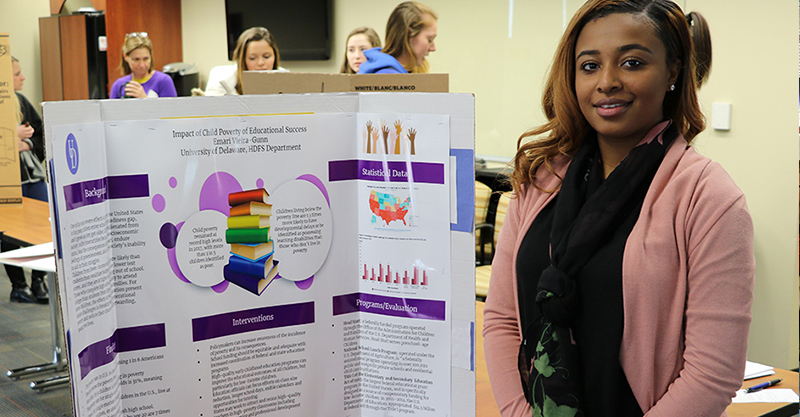
As a department deeply engaged in applied research and community engagement, HDFS offers students first-hand experiences in settings such as New Directions Early Head Start, the Lab School, the National Leadership Consortium on Development Disabilities, and the Delaware Stars program. Doctoral students hold assistantships within these programs, conduct their own research, and gain valuable experience learning from professional staff members devoting their careers to these applied topics.
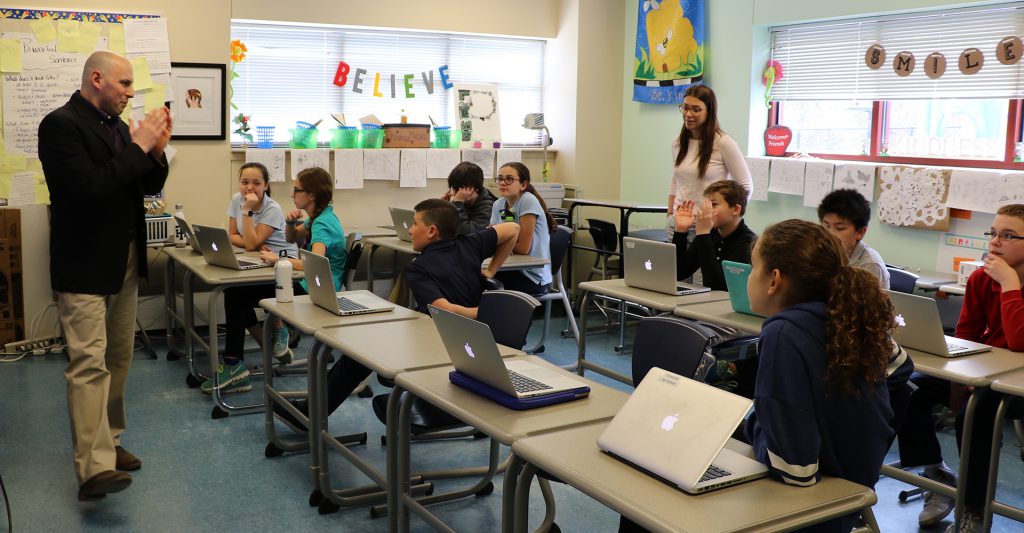
We have been successful in supporting full-time doctoral students with assistantships that offer full funding and tuition waivers. These assistantships typically involve providing support to faculty research projects or serving as teaching assistants. Some doctoral students independently teach courses as part of their assistantships or participate in undergraduate advising. These are particularly marketable skills for students seeking faculty jobs after graduation.
Student Outcomes
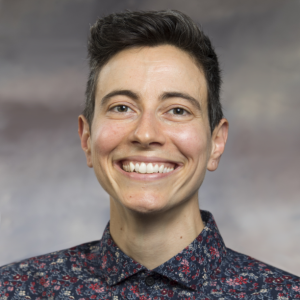
Nikki DiGregorio
Nikki chose UD’s Ph.D. Human Development & Family Studies because of the breadth of expertise available to her among the faculty: “I knew I wanted to be in a program that was going to afford me research and teaching experience. UD has been very influential in shaping who I am as a professional, and also who I am as a person.”
- Application Deadline: December 15
- Transcripts of all previous academic work: Undergraduate cumulative GPA of at least 3.0 with a major GPA of at least 3.25; Graduate cumulative GPA of at least 3.5
- Three letters of reference.
- A personal statement essay that demonstrates alignment between the candidate’s statement of objectives and interests and the department’s capacity and available mentors.
- TOEFL or IELTS for applicants whose primary language is not English. The minimum acceptable score for the Internet-based TOEFL is 100. The minimum acceptable score for the IELTS is 7.0.
-
Application Process Update for applicants applying for 2024-2025 academic year: Due to COVID-19, the HDFS Department is waiving the GRE requirement for our graduate program this year. If you wish to apply without a GRE score, please enter a future GRE exam date into the application when prompted. This need not be an actual exam date. Entering any future date will allow your application to be sent on to our review committee where it will receive full consideration. Reporting your scores is entirely optional. If you chose to not submit a GRE score, this will have no bearing on the competitiveness of your application. If you have any questions regarding this process, email Kristen Pousson at kpousson@udel.edu.(Note: GRE Scores are generally required for Ph.D. applicants. Admitted students are typically expected to have scores of 150 on the verbal and quantitative reasoning sections of the GRE. For the analytical writing section, they should typically have scores of 4.0.)
- Applicants must participate in an interview with admissions committee members, in person or via Skype or Zoom.
This program requires a minimum of 72 credits beyond the baccalaureate degree or a minimum of 42 credits for students entering with a master’s degree. While some courses may be offered online, this program in general is not offered in an online-only format. Core requirements are listed below. Students should consult with their advisor about courses to fulfill their area of emphasis.
| HDFS 601 Theories of Human Development | 3 |
| HDFS 803 Human Development in Lifespan Perspective | 3 |
| HDFS 815 (HDFS 615) Research Issues and Designs | 3 |
| EDUC 856 Introduction to Statistical Inference | 3 |
| EDUC 812 Regression and Structural Equation Modeling | 3 |
| 600/800 level Qualitative or Quantitative Methods | 3 |
| HDFS 621 Family Studies I: Empirical and Theoretical Perspectives | 3 |
| HDFS 855 Family Studies II: Analysis and Critical Issues | 3 |
| 600/800 level Courses in Area of Emphasis* | 9 |
| HDFS 969 Dissertation | 9 |
| TOTAL | 42 credits |
* The Area of Emphasis is selected in consultation with the student’s advisor and committee.
Funding, Scholarships & Awards
Our PhD students are typically funded for four years, and many complete their degree during this time period. Funding packages include a monthly stipend, health insurance and conference travel to present papers. The college and the university also have additional honor scholarships and fellowships which are awarded on a competitive basis. Funding to continue research apprenticeships during the summer are also available.
Full-time graduate students may qualify for financial aid, assistantships, and scholarships to help offset the cost of tuition, housing, and other expenses. Graduate students are also eligible to be nominated for several competitive merit-based financial awards.
Applying To Graduate School: Tips For Getting Started
Applying for Ph.D. programs is exciting but can also be overwhelming and stressful. How do you even begin the process? From narrowing down different programs to working on application materials, deciding which doctoral program is right for you takes some time. Some of our Ph.D. students share their best advice on applying to graduate school.

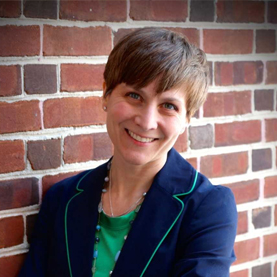
Each member of the HDFS faculty has their own strengths—skills they are willing to share with students through the courses they teach, through meetings with students or through professional collaborations. HDFS has a tremendous graduate student community that provides support to its students. The community has been cultivated from within to create camaraderie and collaboration among the graduate students.
Laura Cutler